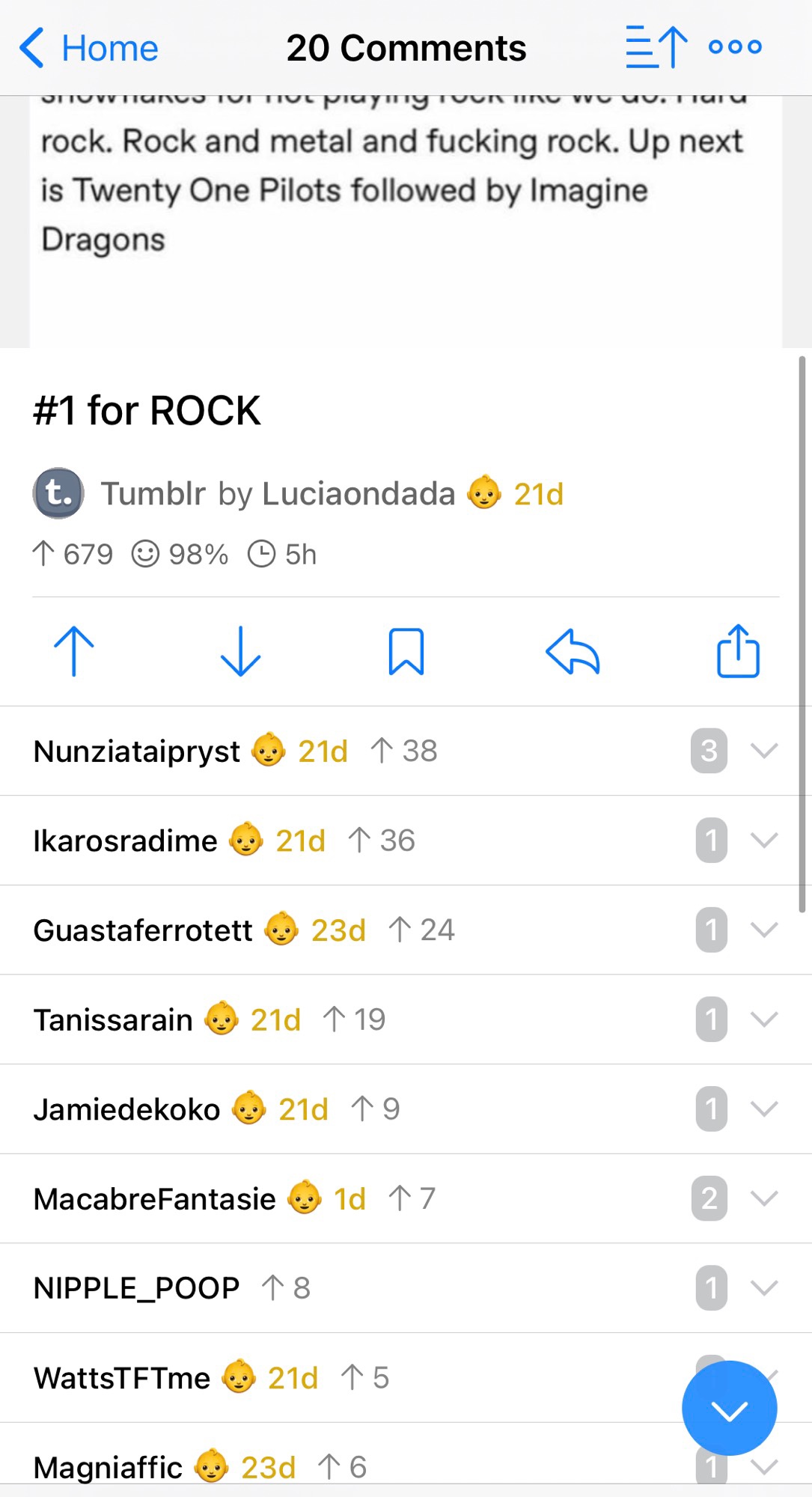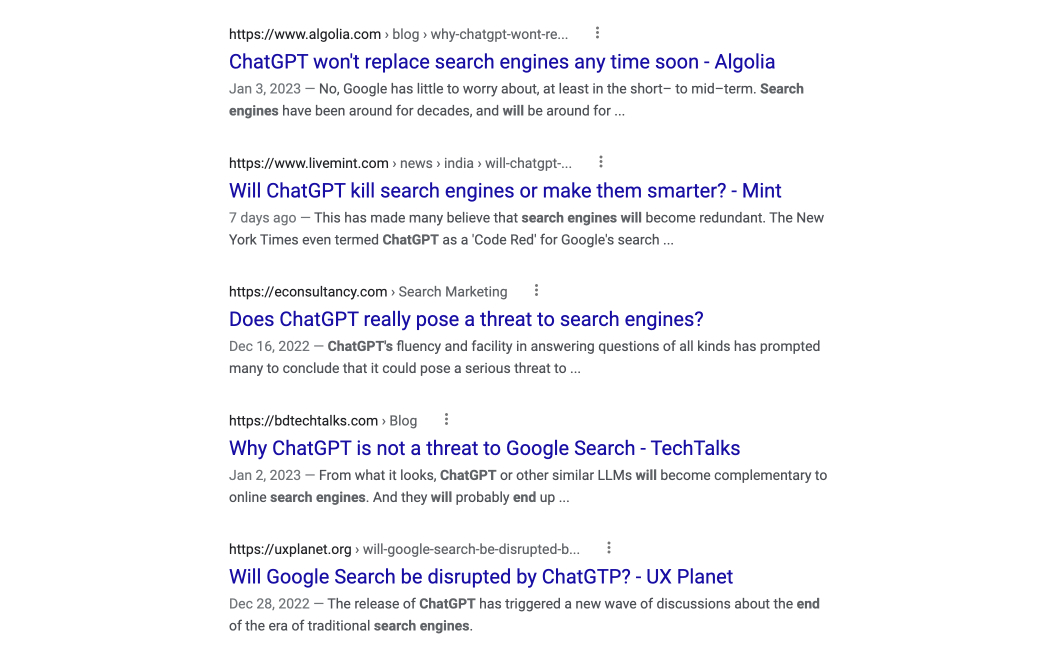Don't blame ChatGPT for Google's mistakes
With the rise of ChatGPT and DALL-E, we’re seeing a rapid rise in ability for AI to churn out content that’s effectively indistinguishable from human content. This is scaring a lot of people: not just the copywriters who suddenly need a backup career plan or the artists whose art is being ripped, but also regular internet-goers who are mildly aware of the prevalence of bots in basically every semi-open online forum.

Everyone is asking: How will we know what is real? How can we be sure there was a human behind that screen? What if people start logging off in droves? With the introduction of AI as smart as this, there are lots of potential directions that the culture of our internet might take.
Congratulations, Google played itself
The threat(?) to search engines
As a part of everyone’s gears turning over this, there’s been a lot of discussion on whether ChatGPT is going to make search engines irrelevant. Specifically, whether Google will be made irrelevant with Bing’s ChatGPT integrations.

While there are some interesting arguments, the recent discussion has me thinking: I don’t think ChatGPT can be credited as the potential existential threat to Google the Search Engine. Not only that, but “ChatGPT might give better answers than Google” isn’t even the right existential threat that Google search faces: ChatGPT is only amplifying or accelerating a larger downward trend where search engines are failing to evolve with the shifting use case of We the People.
People want answers, not advertisements
I’ve been noticing a trend long before generative AI where people are getting fed up with the long-winded, inauthentic content that comes up on Google. GenZ have started to use TikTok and Instagram as their primary search platforms, which especially makes sense when searching for recommendations or experiences. And I don’t blame them – I regularly append my searches with site:reddit.com to keep search results tailored to Reddit, because I don’t want to search through bloated SEO
By the way, if you’ve ever wondered – when searching for a simple cookie recipe – why you have to scroll through a 2000 page essay of memory lane before actually getting to the ingredients, SEO is why. Google told everyone that “thorough content” means a higher ranking, and suddenly everyone is an expert at writing hundreds of words without actually saying anything of substance.
Things will get worse before they get better
So, with the slowly-but-surely increasing mismatch between search engine results and the needs of real people, I’m hoping we’ll get to a point where jargon-y query modifiers are not required for a quality search.
But immediate changes are likely to suck for the time being. ChatGPT unleashes a whole new world of content churning, and we’ll see an even sharper rise in inauthenticity of ranked pages for a while. In the meantime, content writers are likely to lose their already-exploitative jobs. Bots are likely to run even more rampant, especially in discussion-based forums.
Bing, we’re looking at you next.